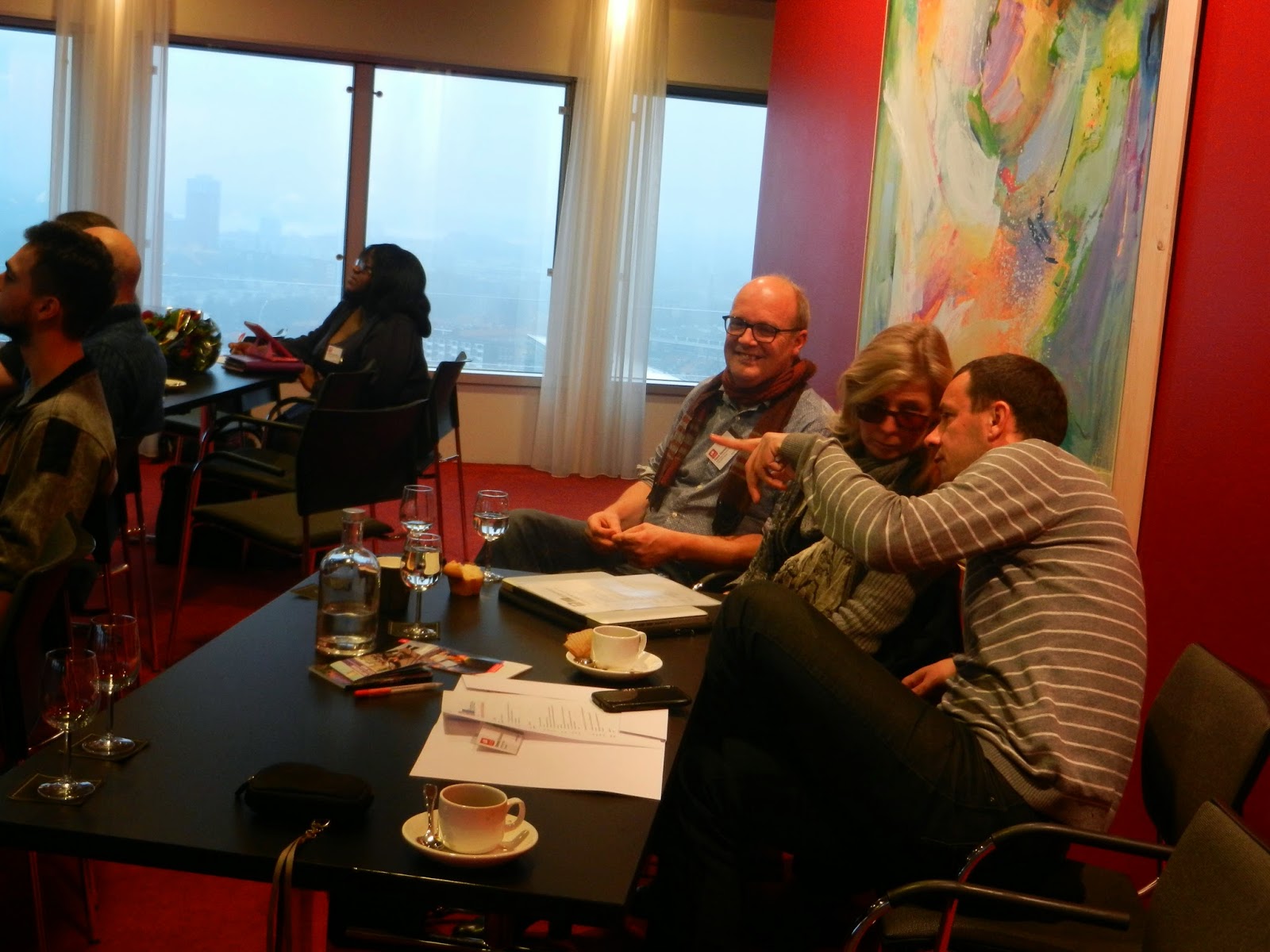From October 2015 onwards the school of social work is involved in a new European project, under the project leadership of the Slovak organisation Divadlo Bez Domova.
MEDART is a transnational project of 8 European organisations and institutions focused on creating a methodical guide for education of socially disadvantaged adults by using theatre and dramatherapeutical approaches and techniques. The partnership will find, create and use theatrical practices, techniques and methods, which will help to dramatically increase disadvantaged adults´ chances of getting a job.
The basic rationale behind the project is that non-formal and informal education methods that are applied in dramatherapeutical work can be used for the acquisition, training, enhancing and empowering of skills and competences that can increase adult learners' employability. To be more specific, education in the field of social skills like self-knowledge, self-appraisal, self-confidence, communication skills, empathy, assertiveness, giving and receiving feedback, cooperation skills, decision making, conflict management, problem solving skills, creative thinking etc.
The result of the project will be an open educational resource – a methodical guide (PDF file) disseminated via online platforms, social networks, partner organisations´ websites, eventually by allied websites.
The major target groups for the methodical guide will be teachers, educators, trainers, drama therapists, social workers, students, schools, universities, institutions, NGOs and to everyone who is interested in working with socially disadvantaged people. Besides this, the project will have a direct impact on disadvantaged people involved in the theatre exercises as they will significantly increase their social skills and competences.
These are the project partners for MEDART:
Divadlo bez domova (Slovakia, coordinator)
Bielskie Stowarzyszenie Artystyczne Teatr Grodzki
(Poland)
ProSoc - drustvo za implementacijo projektov in razvoj
socialnega podjetnistva (Slovenia)
Acta community theatre ltd (United Kingdom)
Magyar Vöröskereszt Budapest Fovárosi Szervezet (Hungary)
Asociación cultural, social, de salud y bienestar
ACUNAGUA (Spain)
Centro per lo sviluppo creativo DANILO DOLCI (Italy)
Rotterdam University of Applied Sciences/ Hogeschool
Rotterdam (Netherlands)
Here are some of the visuals of the kick off meeting in
Bratislava, work in progress.
More pictures can be found here.
More pictures can be found here.


This project has been funded with support of the European Commission. This communication reflects only the author's view and the European Commission and the National Agencies are not responsible for any use that may be made of the information it contains.






























